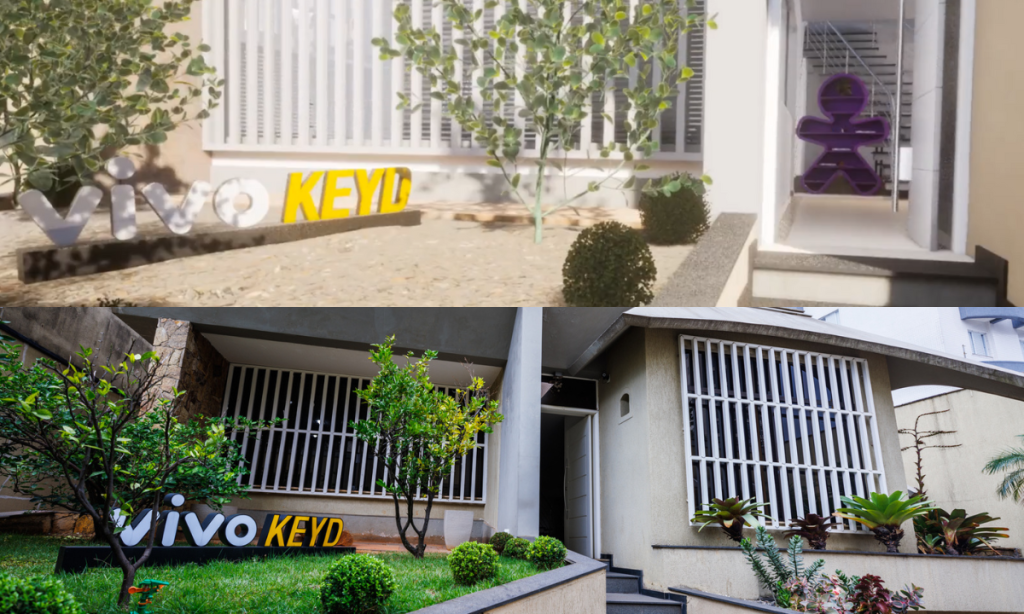
Brazilian esports organisation Vivo Keyd has partnered with Verso Studios to undergo a full digitalisation of the organisation, its influencers and facilities.
Esports Insider spoke to Vivo Keyd’s CEO, Tiago Xisto, and Verso Studios’ CEO, Tiago Arbex, about the organisation’s journey into virtual reality, the partnership’s objectives and its potential.
The decision to transfer Vivo Keyd’s assets to an online environment is connected to the growth of Web3. Both Xisto and Arbex are enthusiasts of blockchain and the metaverse, and endorse how significant it is for an esports organisation to link with such technologies.
As such, Vivo Keyd partnered with Verso Studios. The company primarily focuses on providing businesses with creations for Web3 and the metaverse, including virtual reality and augmented reality. The result was the creation of a whole online structure simulating Vivo Keyd’s real-life assets, such as its gaming house in São Paulo and even the organisation’s players/creators.
Esports Insider gained access to a demo video of Vivo Keyd’s virtual gaming house. Having previously visited the real gaming house, we can verify that it has an impressive level of detail. Comparing photos of the facility with images from virtual reality makes it difficult to tell which one is real. The possibility of interacting with all in-scene objects makes the experience even more immersive.

Having its assets in virtual reality, Vivo Keyd expects to boost experiences with fans and create innovative marketing activations. “It opens up a huge set of new possibilities,” said Xisto. “Just imagine how many people will be able to visit our gaming house without having to spend with travel tickets, how we can activate our sponsors in this experience, or how our creators will be able to interact with fans all around the world through their avatars.”
Avatars of creators and players are also built seeking maximum similarity with real life. According to Arbex, all of them are already optimised to be easily included in other virtual realities – like Fortnite for example – according to Vivo Keyd’s interests and partnerships. The technology used by Verso Studios is Unreal Engine 5.
Regarding the deal between Vivo Keyd and Verso Studios, the companies have a partnership in which the esports organisation provides the studio with structure and services like commercial representation. Meanwhile, the studio uses Keyd as a model to develop, apply and advertise its services.
Esports Insider asked how much Verso Studios charges for such a kind of service, and the answer was that each avatar would cost between R$20,000 (~£3,350) and R$50,000 (~£8,390) depending on features and the copyrights deal. A virtual environment project like Vivo Keyd’s gaming house would cost around R$300,000 (~£50,350) and R$400,000 (~£67,130). “It is basically an architectural project,” highlighted Xisto.
Xisto and Arbex see the possibility of expanding the business to other esports organisations, as well as brands that want to enhance their online presence. For Vivo Keyd, Verso Studios will continue creating assets for Web3 and the metaverse, including blockchain-based products that can be commercialised through Liqi, a crypto exchange company that sponsors the esports organisation.
While the studio sees the opportunity of advertising its services, Vivo Keyd sees an opportunity to attract new partners and enhance its engagement with fans through the new assets. The partnership also sees Vivo Keyd and Verso become involved in the development of a blockchain game to be launched in a near future.




